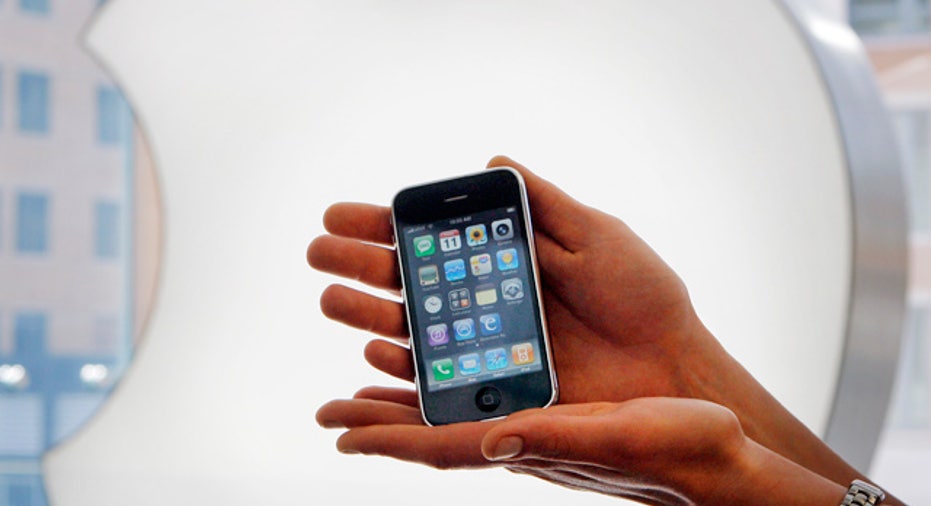Apple: We're Not Tracking Your iPhone

Apple fired back at critics who alleged popular iOS devices, such as the iPhone and iPad, are silently tracking location data and sending it back to Apple without permission.
The Cupertino-based technology behemoth posted a Q&A Wednesday clarifying the use and scope of its location-data gathering.
Apple said it doesn't track its users' actual location (i.e. GPS coordinates), but instead it creates "a database of Wi-Fi hotspots and cell towers around [users'] current location." The information is then sent back to Apple in an anonymized and encrypted form and is used to make a giant crowd-sourced database of hotspots and cell towers that helps the iPhone find its location rapidly in areas where the GPS chip struggles to glean its location from satellites.
The iPhone downloads subsets of that database as it moves and can store the information for as long as a year due to a "bug" the company plans on patching with a software update. Apple also admits the iPhone caches the database even with location services turned off, an error it plans on fixing in the same software update.
"The location data that researchers are seeing on the iPhone is not the past or present location of the iPhone, but rather the locations of Wi-Fi hotspots and cell towers surrounding the iPhone’s location," Apple said, referring to research that setoff a flurry of criticism about its privacy practices.
Serious privacy concerns still linger even though the database doesn't store precise data, however. The data still provide a general idea of where the iPhone has been. Indeed, Apple concedes it could do a better job providing more information to users about its practices.
"Providing mobile users with fast and accurate location information while preserving their security and privacy has raised some very complex technical issues," the company said.
"Users are confused, partly because the creators of this new technology (including Apple) have not provided enough education about these issues to date."



















